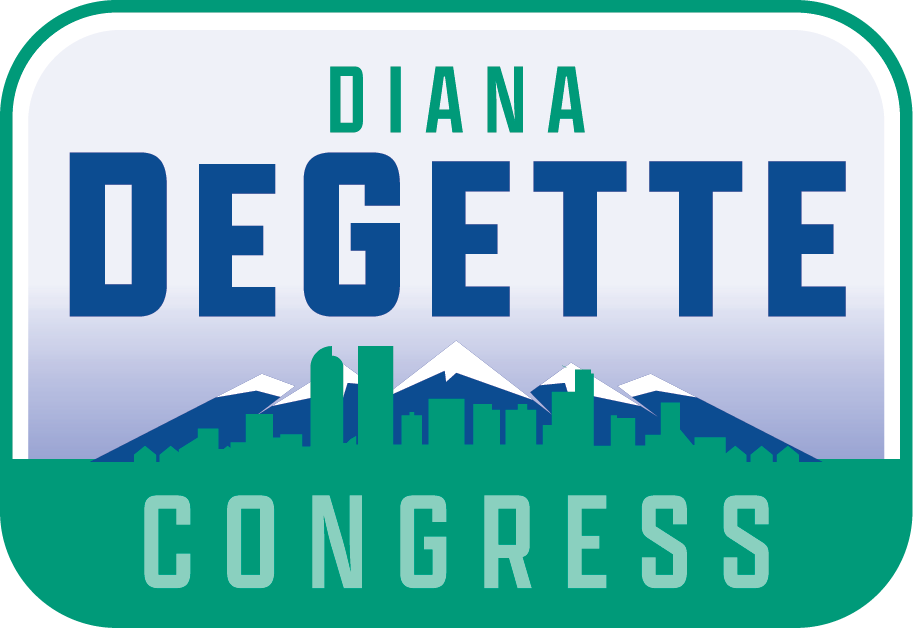Inside Health Policy: DeGette, Upton Ask How To Modernize CMS In Cures 2.0 Concept Paper
House lawmakers released a concept paper for a second iteration of the 21st Century Cures Act, dubbed Cures 2.0, with provisions to increase the health literacy of Medicare and Medicaid beneficiaries and questions on how to update coverage and reimbursement rules in federal health programs. The lawmakers also hinted some of the provisions could be included in later COVID-19 stimulus legislation.
The paper, circulated by Reps. Diana DeGette (D-CO) and Fred Upton (R-MI) who spearheaded the initial Cures Act, calls for feedback on how the health system can keep pace with technological and scientific advances. It also includes some FDA and clinical trial reforms.
DeGette said she and Upton are working closely with House Energy & Commerce leadership on ideas within the concept paper that could be implemented quickly for potential inclusion in upcoming coronavirus legislation.
The paper suggests including a requirement for a CMS request for information on improving health literacy in federal programs as part of upcoming legislation.
The RFI would seek feedback on approaches to: identify culturally competent and evidence-based interventions in populations served by these programs; reduce costs in Medicare and Medicaid; increase patient satisfaction for Medicare and Medicaid beneficiaries; identify beneficiaries’ health insurance literacy levels; and identify ways for CMS to use Medicare and Medicaid pay policies to improve health literacy.
The lawmakers call the U.S. health care system “a system in transition” and call for suggestions on how to develop policies to modernize CMS.
The lawmakers specifically ask stakeholders to weigh in on: whether federal health programs’ coverage and reimbursement rules for new medical products are outdated or keeping pace with innovation; what barriers exist for patients transitioning from private insurance to Medicare; what barriers impede or slow coverage for new cell and gene therapies and improvements to such coverage; and what barriers exist for small patient populations that want to access new medical products and what policymakers can do to mitigate them.
The legislation would also create an automatic communication requirement between FDA and CMS for products granted breakthrough therapy designations.
The paper also calls for grants for educational programs and for caregiver training on creating a care team to complement a clinical visit. According to the lawmakers, such a provision would allow caregivers to deliver health interventions at home, “maximizing health outcomes and keeping costs low.”
DeGette and Upton sent a letter in November asking for input on what to include in the so-called Cures 2.0 package. In December, providers and health IT groups urged Congress to address the privacy and security implications of third-party health apps. The latest concept paper, however, says little about patient privacy.
The HHS Office of the National Coordinator for Health IT in early March finalized the 21st Century Cures Act’s policies on the prevention of information blocking as well as recommendations for preserving data privacy in third-party apps, but providers later said the final rule didn’t go far enough to protect privacy.
